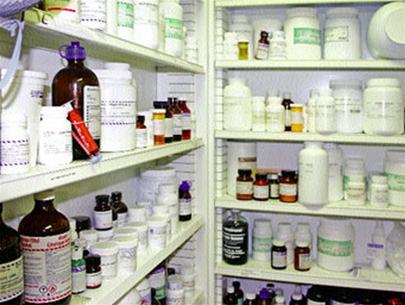
| Drug industry targets growth | |
The pharmaceutical industry wants to meet 60 percent of market demand by 2010 by producing specialised medicine and improving its distribution network, according to the Drug Administration Department. Most drugs produced locally are low-priced generic products, the department said. With a population of more than 80 million, industry representatives said the potential for growth was high. The industry expects to sell between USD12 and USD15 worth of drugs per capita by 2010. Domestic pharmaceutical companies have had difficulty competing with foreign pharmaceutical companies because the former are unable to comply with World Trade Organisation regulations. Industry experts said local companies should adhere to Good Manufacturing Practices (GMP), a manufacturing and quality control standard recognised worldwide. To maintain market share, pharmaceutical authorities have recommended that the industry produce specialised medicine for the treatment of pneumoma, heart disease, rheumatism and diabetes. Although there is a retail sales network of 40,000 pharmacies nationwide, the shops fail to market their brand or trademark, experts have said. Bui Quoc Trung, deputy head of the Ministry of Planning and Investment’s Foreign Investment Agency, said domestic pharmaceutical companies were currently working with foreign companies to learn about new technologies and enlarge distribution networks. Le Van Dung, director general of Vien Dong Joint Stock Pharmaceuticals Co, said he had signed contracts to be the sole distributor of pharmaceutical products produced by foreign companies such as GL Corporation of South Korea, Sopharma of Bulgaria and OraSure Tech Inc of the US. According to the ministry, 800 pharmaceutical companies are registered to produce and trade in drugs, including 440 foreign companies. Foreign investors have shifted from building plants to distributing drugs, while domestic pharmaceutical companies produce as well as distribute drugs. Domestic companies currently meet 53 percent of the demand for drugs, while importers account for the remaining 47 percent. | |
| VietNamNet + Viet Nam News |
